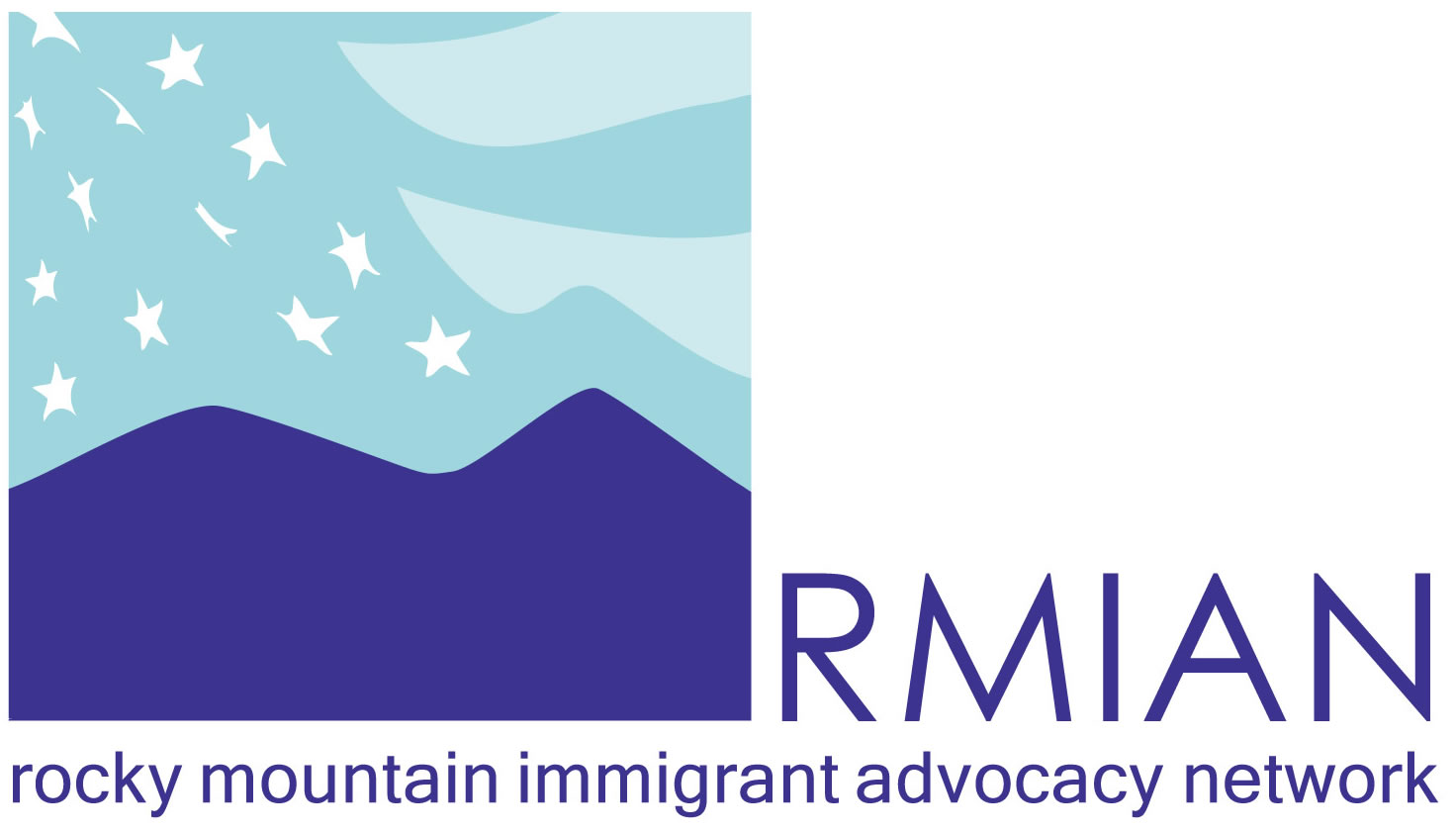RMIAN Social Worker Featured in TALKS mini-documentary series, "Home Away from Home: Immigration Across the Border and Disability"
Katherine Valentin, RMIAN Social Worker, added her perspective regarding the intersection of disability and immigration justice in a mini-documentary series produced by THINK+change. You can watch or listen to these important conversations where you can hear from Alfredo Bonilla-Flores and Jose Torres Vega, who were both directly impacted by the immigration system as well as advocates seeking systemic reforms to better accommodate the needs of immigrants and migrants with disabilities. Keep reading for more information.
Deciding to immigrate to the United States is never an easy choice, especially for people with disabilities. In the TALKS mini-documentary series, Home Away from Home: Immigration Across the Border and Disability, we highlight the intersection of immigration and disability justice. Through the perspectives of a legal expert, a social worker, and two lived experiences, this series delves into the challenges faced by people with developmental and other disabilities, as they navigate the cultural experience and immigration system in the United States.
Why you should watch
-Learn about the high prevalence of disability-related immigration and the various reasons people with disabilities choose to immigrate;
-Gain insight into the major barriers people with disabilities face in navigating the immigration system;
-Discover the ways in which the immigration process can exacerbate trauma for people with disabilities; and
-Learn about the significant need for advocacy, accommodations, and policy reform in the immigration systems in the United States.
Who should watch
-Advocates and activists, passionate about the intersection of disability and immigrant rights;
-Disability professionals, interested in insights into the unique needs and challenges faced by immigrants with disabilities;
-Legal and criminal justice professionals, working to understand disability accommodations in courts and detention centers;
-Policy-makers, exploring the need for change in our immigration systems;
-Community members, examining a more empathetic understanding of the experiences of immigrants with disabilities; and
-Immigration service providers and social workers.

